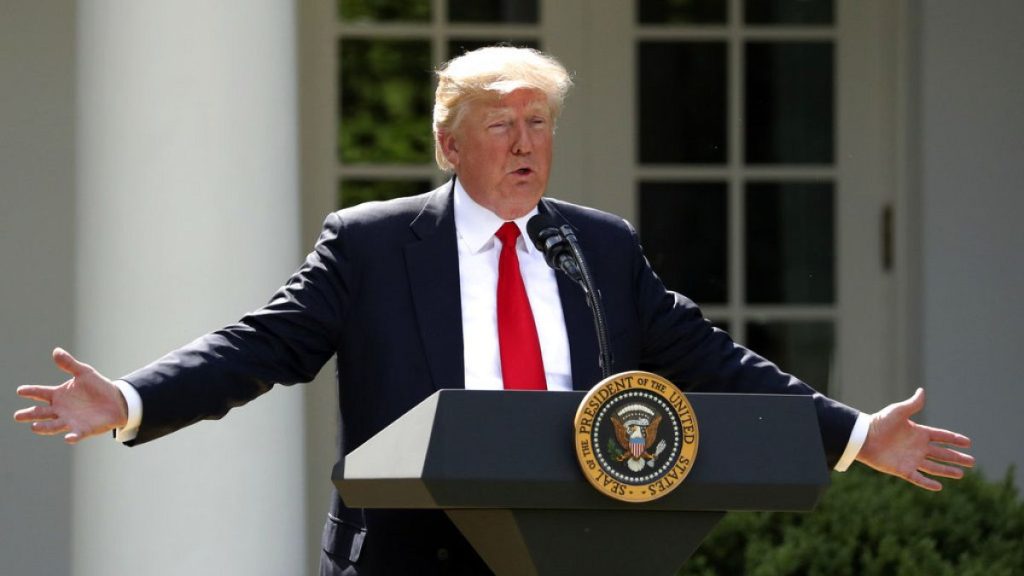The Paris Agreement, an international deal aimed at addressing global heating, has been a point of contention for the United States. Former President Donald Trump announced America’s withdrawal from the agreement in 2017, citing concerns about other countries laughing at the U.S. However, President Joe Biden reversed this decision shortly after taking office in 2020. The upcoming election could determine whether the U.S. stays committed to the agreement moving forward, as key players like China and India have not shown strong leadership in this area. The European Union has been instrumental in keeping the Paris Agreement on track, despite challenges from the U.S.
John Podesta, a senior advisor on international climate policy for President Biden, is leading a delegation to the United Nations Framework Convention on Climate Change (UNFCCC) meeting in Baku. The U.S. delegation’s goal is to highlight leadership in climate action and work towards strong outcomes. The focus of the talks will be on climate finance, particularly the establishment of a New Collective Quantified Goal to replace the $100 billion fund pledged by developed countries. The EU and U.S. are pushing for broader contributions from emerging economies like China to address climate challenges.
Ann Mettler of Breakthrough Energy emphasizes the need for Europe to accelerate its clean energy transition, regardless of political changes elsewhere. The EU aims to maintain its position as a leader in climate ambition and is working towards new policies focused on clean energy and competitiveness. Developing countries will need significant financial support to meet their climate commitments and adapt to climate change impacts. The existing $100 billion fund is insufficient, and additional contributions from fossil fuel-producing states and corporations are being sought.
The European Greens have called on Jill Stein, the U.S. Green Party presidential candidate, to withdraw from the race and endorse Kamala Harris. The party fears that protest votes for Stein could sway the election in favor of President Trump in key swing states. The close race for the White House underscores the importance of political decisions in addressing climate change on a global scale. The outcome of the U.S. election could have a significant impact on international efforts to combat the climate crisis, as U.S. leadership is crucial in this regard.
Isabella Lövin, a former Swedish minister and current member of the European Parliament, stresses the importance of continued commitment to the Paris Agreement. She highlights the need for developing countries to make efforts to transition away from fossil fuels and invest in clean energy solutions. Without strong leadership from major economies like the U.S., developing countries may be less inclined to make necessary changes and could continue relying on fossil fuels. The EU is committed to accelerating its clean energy transition and advancing climate action priorities, irrespective of global political developments.
The upcoming UNFCCC meeting in Baku will be a critical moment for international climate negotiations, with a focus on climate finance and the role of major economies in addressing climate change. The U.S. delegation, led by John Podesta, will be advocating for strong outcomes and increased contributions to support developing countries in their climate efforts. The EU is also pushing for broader engagement from emerging economies like China to address the scale of the climate challenge. Despite uncertainties surrounding the U.S. election, the need for global cooperation on climate action remains paramount, with the EU taking a proactive stance in advancing climate priorities.















